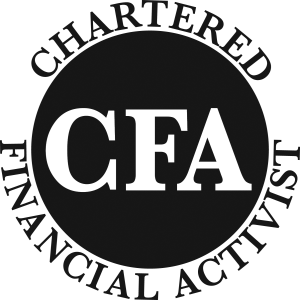As we enter the retirement phase of our life, there will be significant changes in our sources of income but only some of our expenses may be eliminated (commuting, retirement saving) or reduced (dry cleaning). However, one expense that will not disappear is federal taxes.
This is particularly true if a significant portion of our investments is in tax-deferred, retirement accounts (also known as Qualified accounts or traditional IRA, 401K, 403B) and we are taking income from those accounts to support our lifestyle in retirement. Even if we do not need income immediately, Uncle Sam forces us to take withdrawals (Required Minimum Distributions) starting at age 70 ½ and every dollar withdrawn is subject to federal income tax.
In retirement, it is important to pay particular attention to the amount of taxes paid and the impact on your current and future retirement lifestyle. Financial Coach believes that your financial plan in retirement must have a concentrated focus on tax efficiency for several reasons.
First, a dollar saved in taxes is not only an additional dollar that you can use to support your lifestyle. It is a dollar that can be invested to generate income for you for the rest of your life.
Also, any dollar that you save/gain from being more tax effective is earned with no additional risk to you. Thus, you have taken no additional stock, bond or investment market risk to get your gain.
Another benefit is the physic income that you gain by lowering your tax payments to Uncle Sam. While we all want to pay our fair share, many of us believe that we have been overtaxed. This is especially true if we take the time to you add up all that we have paid over the years in federal, state, and local income tax, property and sales taxes and the numerous taxes that we pay on everyday things like clothes, household items, alcohol and gasoline, sport and airline tickets, rental cars, hotel rooms, etc.
There are many ways to more effectively manage the taxes that you pay. But, to be most effective, Financial Coach works with our clients to Understand Income Tax in Retirement, have an Income Management plan, effectively Tax Diversify Investments and pay careful attention to Asset “Location”. The financial planning focus at Financial Coach takes into account all of these factors in income management for the tax short term and asset management for the tax long term.
The conversation with your Financial Planner should be about more tax efficient management within your plan. If you are not having that discussion, call the Financial Coach and Start the Conversation toward creating a more comprehensive and tax effective retirement plan for your household.
This information is not intended to be a substitute for specific individualized tax advice. You should consider discussing your specific tax issues with a qualified tax advisor.




